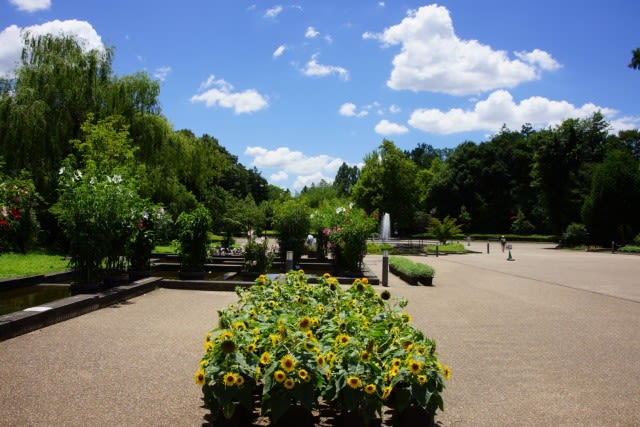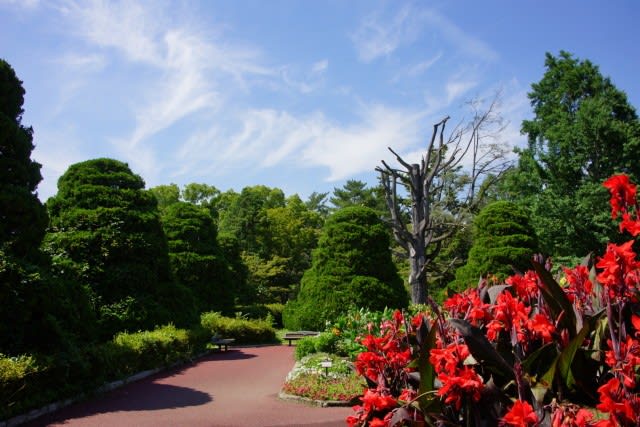It is a re-dissemination of the chapter that I sent out on 7/30/2020 with additions and corrections.
The following is from an article by Masayuki Takayama entitled Sad Immunity, which brings the Weekly Shincho released today to a successful conclusion.
This article also proves that he is the one and only journalist in the post-war world.
It is no exaggeration to say that he is the greatest critic of the civilization of his day.
A man with a cold and a woman with an eye disease, they say.
It means that in a slightly sexy way.
However, if I were coughing in Wuhan Corona, I would even feel aversion as if I stepped on the feces of a bat, not to say that I was sexy.
It's an image of a dirty disease.
That's what makes it so rage now.
In the United States, 5 million people have the disease, and 150,000 people have died.
However, Japan, a narrow channel with the source China, slightly rebounds, but the damage is two orders of magnitude less.
'I don't know why,' the foreign policy magazine Foreign Policy commented, dissatisfied.
Generally, the Japanese government has not taken any measures that seem to be measured.
Lockdowns are inadequate, and people are walking around the streets without a care in the world.
There are no policemen clubbing people down like in China.
There is an absolute shortage of artificial lungs (ECMO) in other countries, and doctors are crying over which patients to save and triaging their lives.
Japanese people can pass such a tragedy.
The foreign correspondents who have been denigrating Japan are trying their best to find out if the Japanese are any different from them.
The New York Times (NYT) believes that the Japanese people's fastidiousness in washing their butts in water has brought the infection under control.
Japanese people indeed wash their faces and hands when they get up.
The Chinese don't even wash their faces.
There is also a story of a Japanese agent who hid in a coolie during the war, washed his face in the morning, and discovered his true identity.
In Japan, the word "hand washing" means "toilet," but according to the NYT, half of Americans do not wash their hands after using the toilet.
Jews wash their hands in the same way as the Japanese do.
The Torah also mandates that they should dig a hole and bury their garbage.
Thanks to this, when the Black Death spread in the 14th century, the Jewish areas were free of disease.
The Germans, who did not understand the difference, claimed that the Jews had spread the poison, which led to the Jews' massacre.
The Germans would have done the Holocaust even without Hitler.
Some reports focused on the Japanese language.
In Japanese, we can speak without skipping the bubbles in the mouth, and we could suppress the splash infection.
Certainly, Persian is different.
The "ha" of Supreme Leader Ayatollah Khamenei is pronounced "KHA" as if he were spitting phlegm out of his throat.
There are also plosive pronunciations in American and Chinese, and infection is proportional to that.
Japanese people take off their shoes when they enter the house.
There was also a view that the infection rate is different from that of the country with one's shoes.
In fact, clusters in Japan, from pubs to karaoke bars to hospitals, are all OK with one's shoes on.
The NYT's N. Kristof admits that Japan has always had a social distance system.
He reports that in Japan, wives walk "three steps behind their husbands," but at home, "the position is reversed."
He doesn't know it, but there's also a saying in Japan: "Three feet back and don't step in the shadow of the master."
He seems to have realized that the epidemic control measures started by the world due to the corona epidemic are the manners of the Japanese.
On the other hand, some people are saying that immunity is better than cleanliness.
In the last few years, a significant number of Chinese have come to Japan to buy explosives.
A research team at Kyoto University explains that the Wuhan corona was also brought to Japan early on by these people. The Japanese people contracted the disease without realizing it and built up immunity to it.
No, some say look at a more extended period.
After the Tokyo Olympics, an epidemic of childhood diseases that caused fever, circulation, and heart problems spread in young children.
It is the so-called Kawasaki disease.
It found the same symptoms in Hawaii, and a joint Japan-U.S. investigation revealed that the cause was yellow sand from China.
The season of yellow sand and the onset of infants overlapped, and the area where the yellow sand fell coincided with the place of emergence.
Furthermore, the Chinese-born fungus Candida was also found in the fallen yellow sand.
Candida is a thousand times larger than a virus.
It means that various pathogens from China's polluted soil have been flying over Japan almost every year.
The Japanese people lived a clean life and were covered with Chinese pathogens.
When we found out, we were immune to them.
Therefore, the Chinese might tell us to be thankful.
It is because they are a country that is dirty to the core.





















